The 1980s band The Icicle Works once named an album ‘If You Want To Defeat Your Enemy, Sing His Song’ and, while it is unlikely that Hyundai’s Korean chiefs are passionate about their jangly alternative rock, that motto could be used to sum up the stunning rise the firm has enjoyed.
In recent years, Hyundai has learned how to play its rivals’ anthems note for note. By establishing a substantial presence in Europe to complement its home-grown Korean operations, Hyundai has raised the standard of the models it sells in the West and overtaken some long-established names in the sales charts.
At the start of last week I visited Hyundai Motor Manufacturing Czech in Nosovice, in the east of the Czech Republic. During this year, 300,000 examples of six models – Hyundai i20, three Hyundai i30 body styles, ix20 and ix35 – will be built there.
It has only been open since 2008, but the factory’s 3500 workers have already turned out more than one million cars, reaching that milestone on 16 May. HMMC’s general manager, Petr Vanek, calculates that vehicle number two million should roll off the line some time in the summer of 2016.
Two things struck me as we toured the vast factory. The first was the nearly arranged rows of car body parts. Hyundai’s super-efficient ‘just in time’ production process means there aren’t huge warehouses full of stock lying dormant, but to the uninitiated (me) it still seemed that there was an enormous surplus of parts.
The truth is, of course, that Hyundai’s plant builds cars so quickly that all of those bits lined up in neat stacks and rows on the factory floor will be sucked into the production line within hours.
The second aspect of the plant that I found particularly impressive was the way man and machine work in harmony.
Certain sections of the build process still require a human touch, such as positioning and fixing the dashboard in place. Despite having just seconds to complete their task before the car moves down the line to the next stage, there is no sense of pressure or panic. Each movement is precisely choreographed.
The imperceptible spread of Hyundai’s continental operations is equally well planned. Most major OEMs have come around to the notion of building cars close to the markets in which they are sold, and Hyundai is no exception.
Almost all of the cars designed for Europe are developed at the Europe Technical Centre in Rüsselsheim, Germany, and 70 per cent of the cars sold on this continent are made in either the Czech Republic or Hyundai’s factory in Izmit, Turkey.
Germany is also home to the European headquarters in Offenbach, and the Hyundai world rally team, which is based in Alzenau.
Then there is the new testing facility at the Nürburgring, a soon-to-open department that will work towards imbuing Hyundai’s future cars with improved dynamic qualities. That will be another piece of the jigsaw slotting into place.
It’s little wonder that Germany is Hyundai’s largest European market, with around 46,000 motorists choosing the car’s products last year. By the way, the UK is third, with 30,000 cars sold in 2012, and the Czech Republic itself takes 12,000 vehicles.
Hyundai has carved out a healthy little chunk of the European car market, and it’s not surprising to hear that this part of the world remains integral to its future plans. As much as further growth would be nice, however, the focus is gently shifting to consolidation of its hard-earned gains.
Having mastered the art of appealing to European motorists’ pragmatic minds, you get the impression that Hyundai is now going after their hearts. That should keep the established continental brands on their toes…

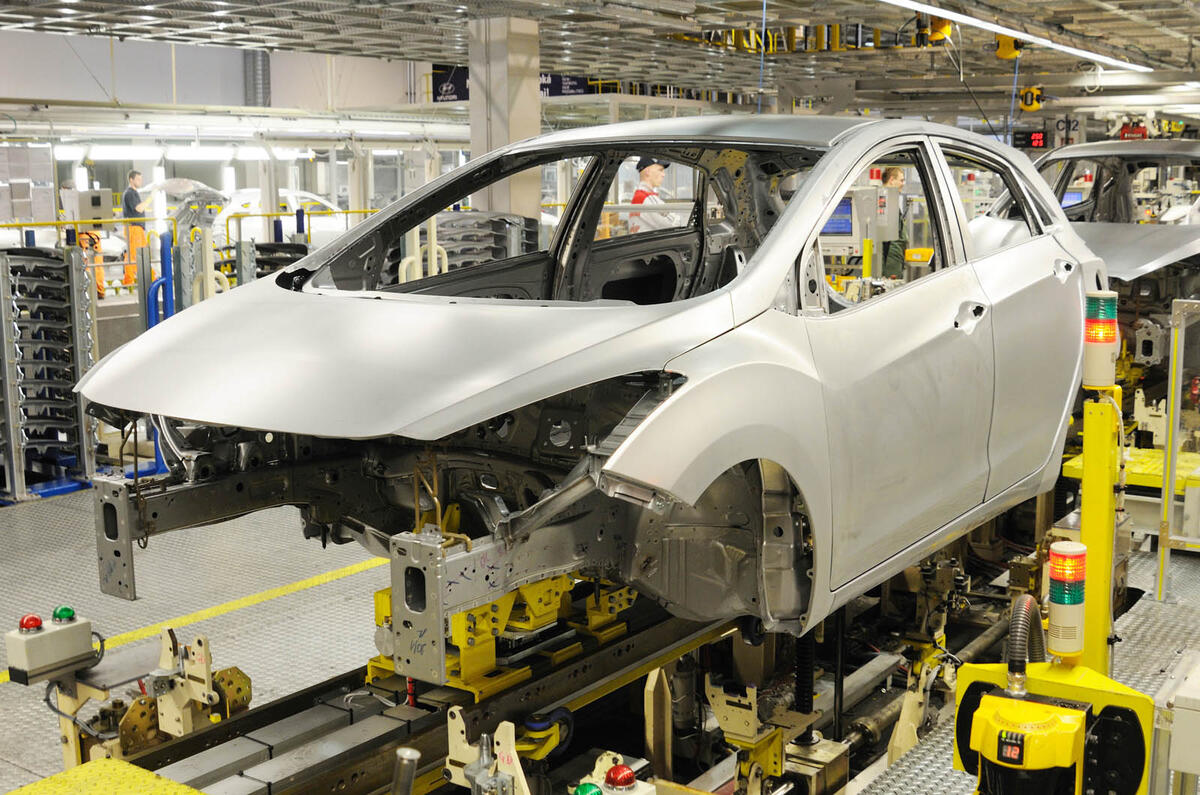
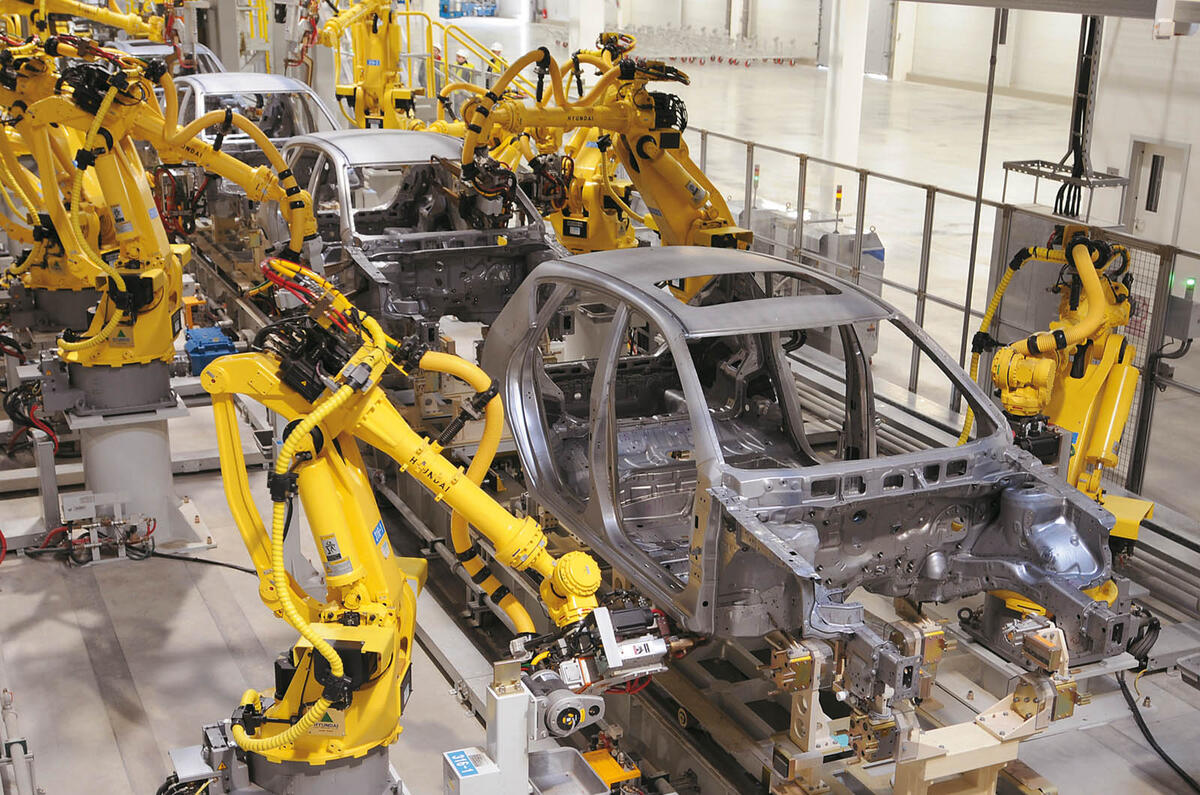
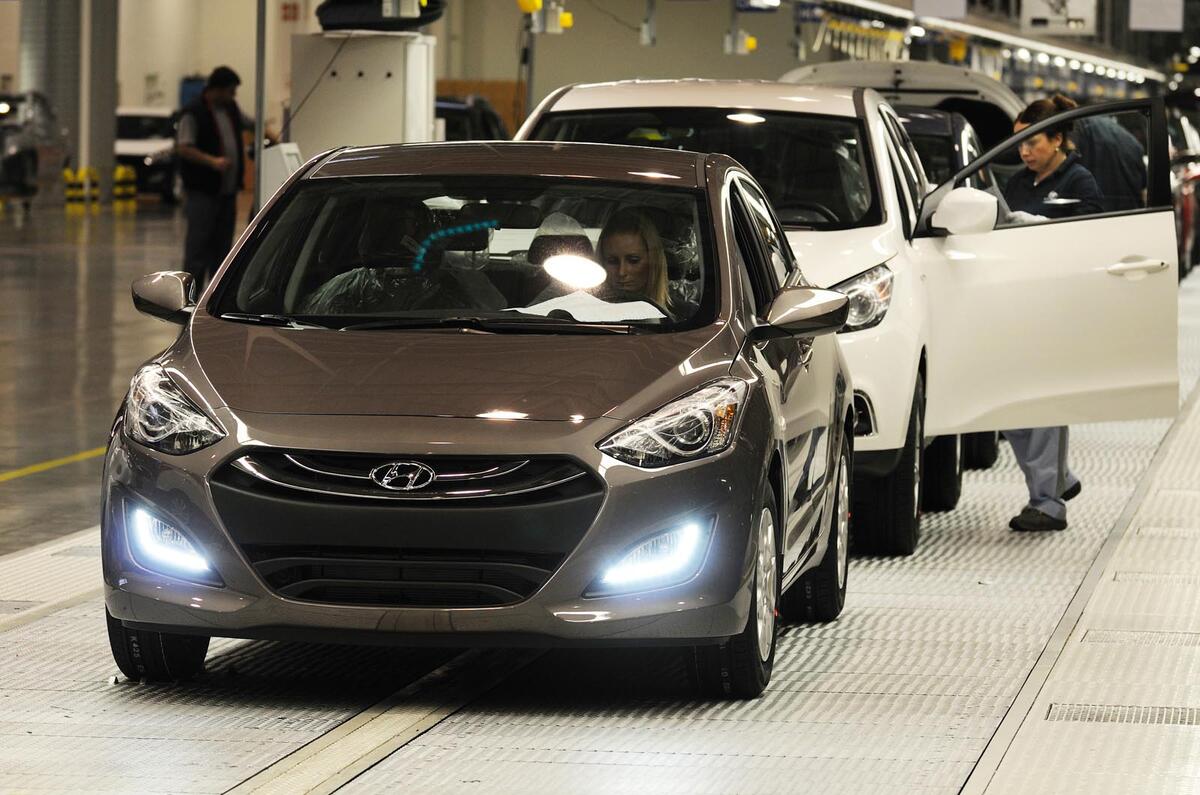
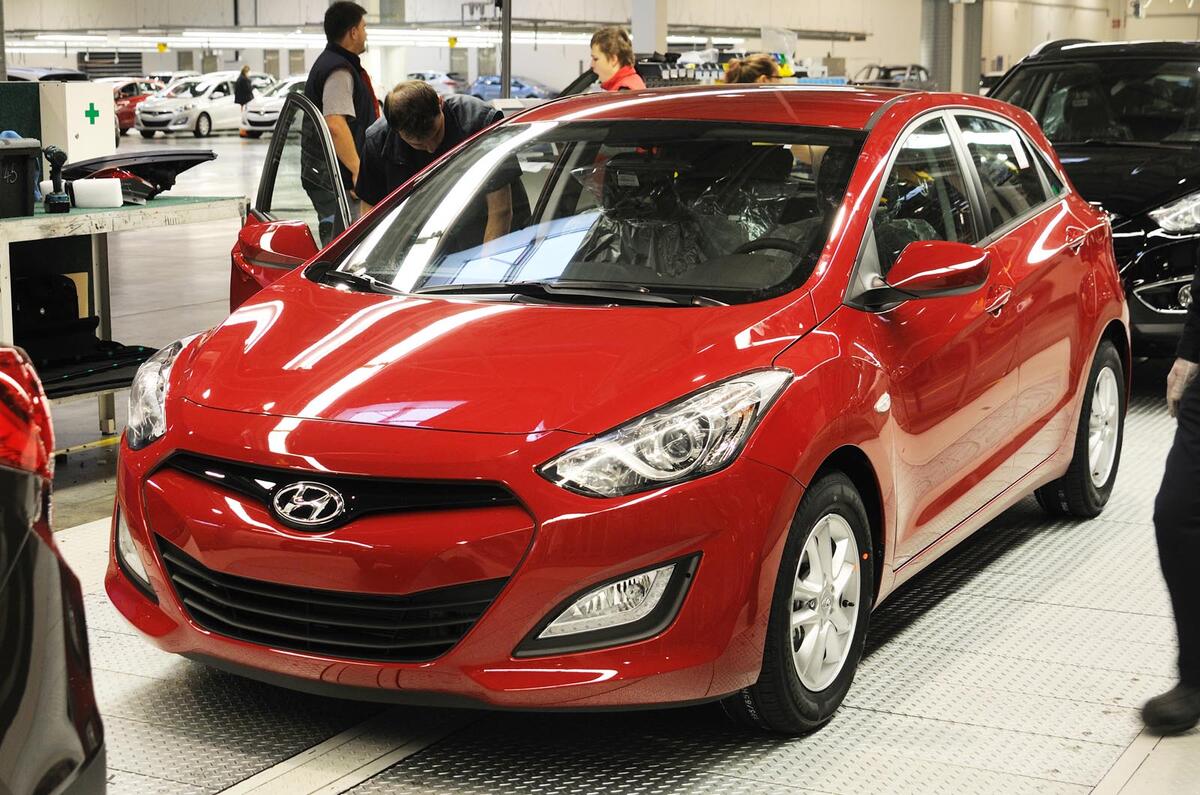
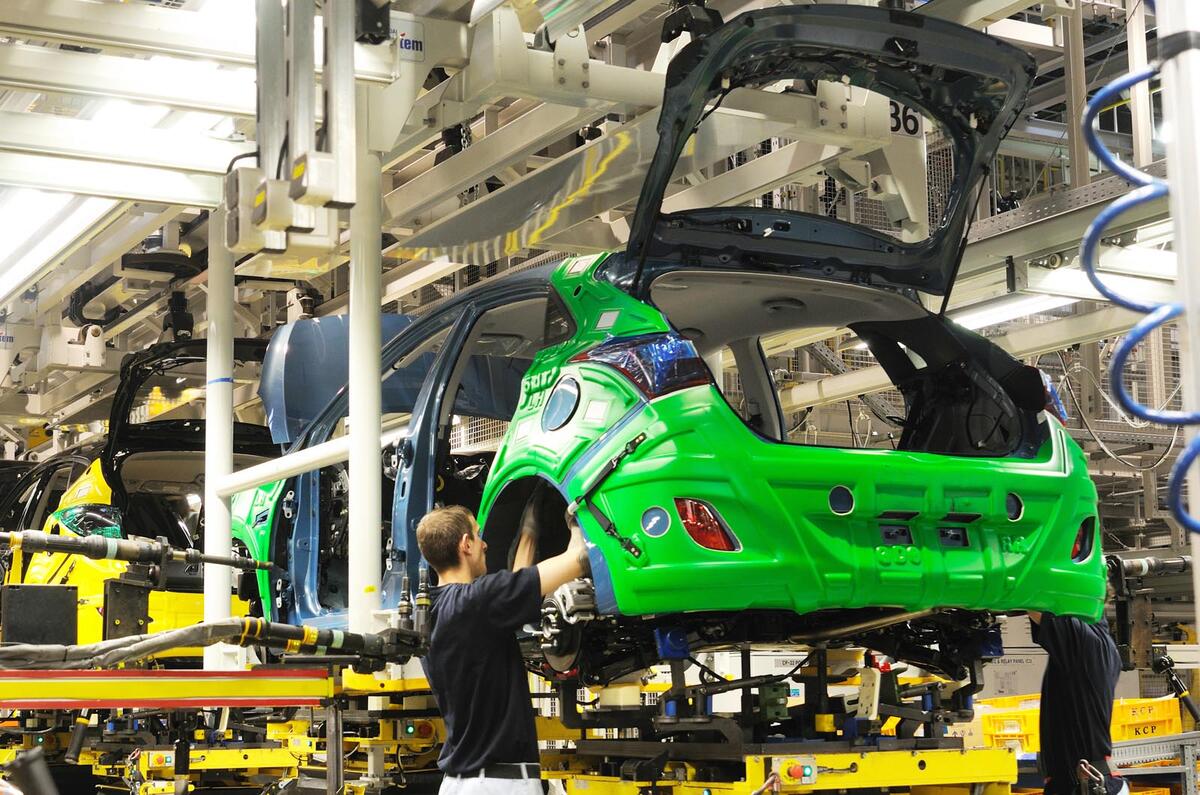
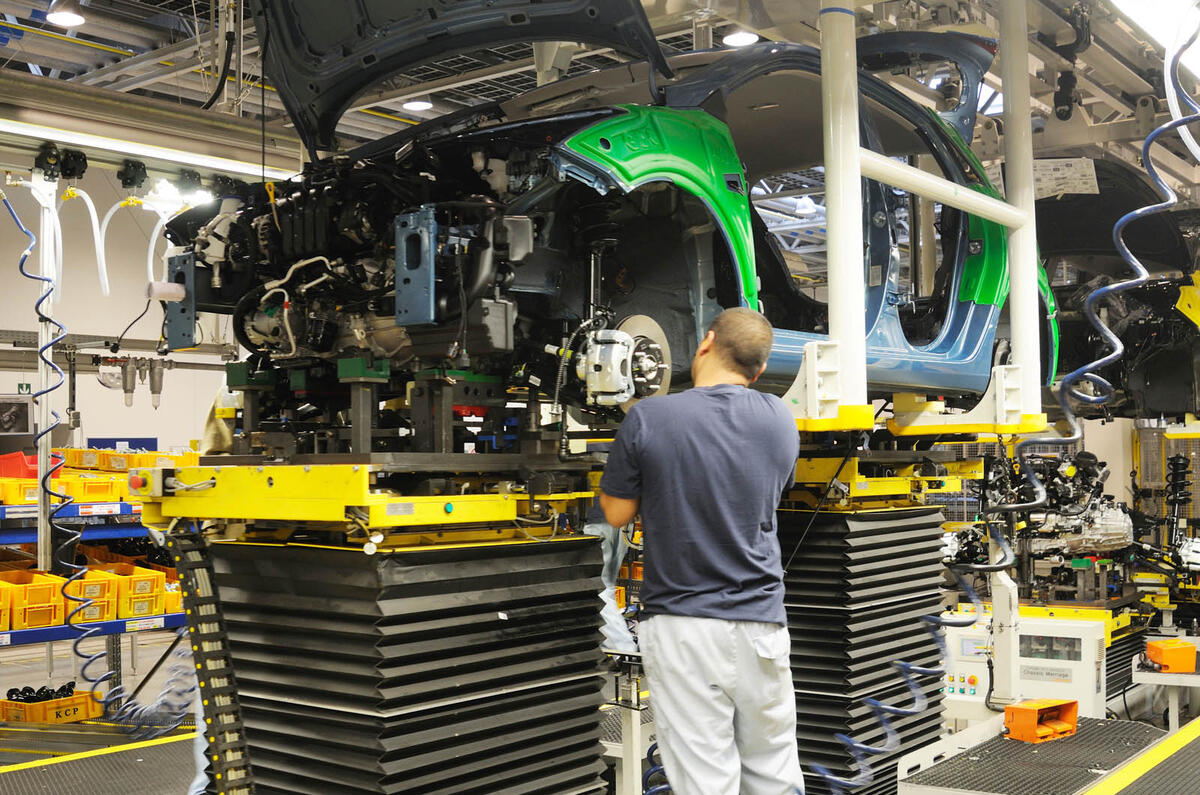
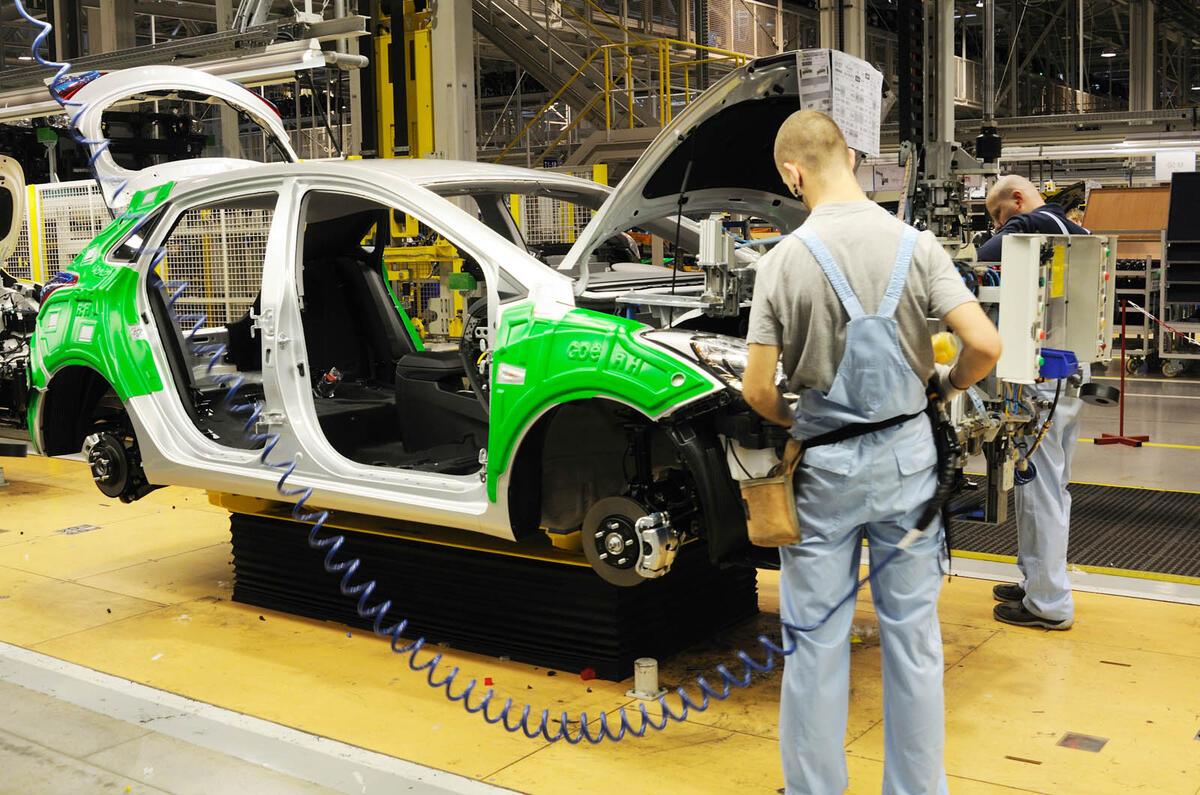
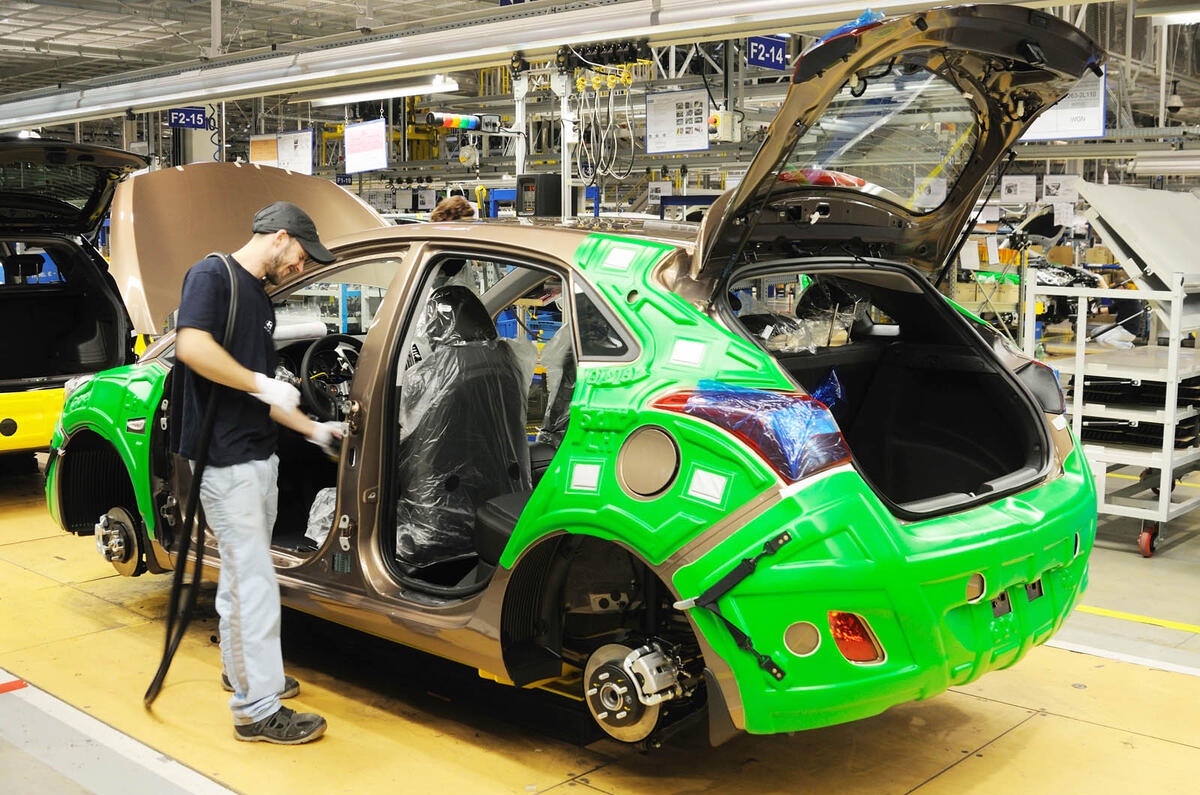
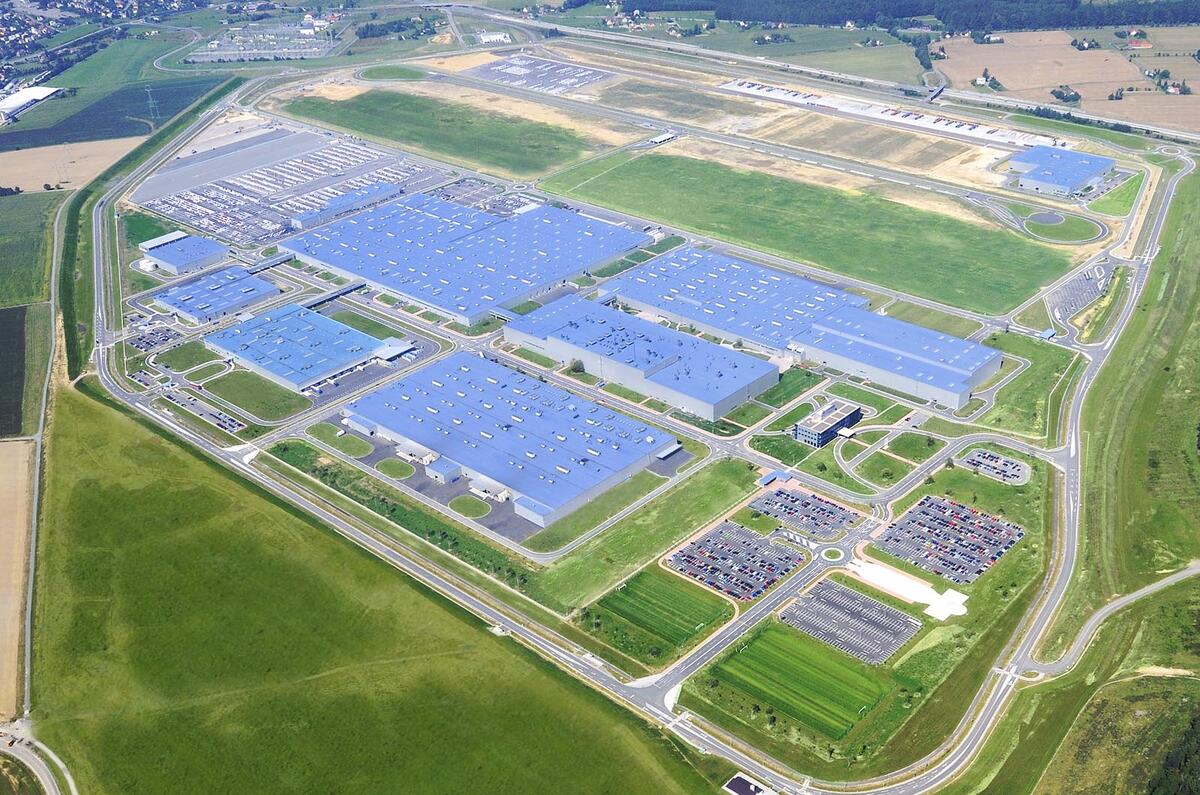
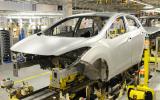
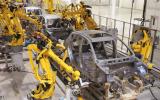
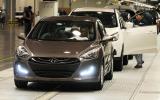
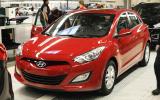
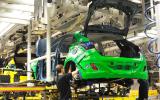
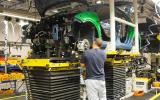
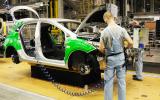
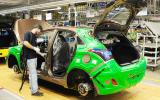
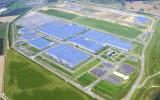


Join the debate
Add your comment
For 21st Century Hyundai read 20th Century Japan
A rewarding drive - performance, handling, brakes etc. - isn't at the top of most buyers' shopping lists. Most want a reliable, modern-looking car with plenty of conveniences that is both affordable to buy and run and is still worth something when they come to sell it. Nothing's changed since the Sixties because, mostly, people's desires haven't changed - they've always wanted the same thing. It's transport - comfortable, reliable, economical transport. Some Autocar readers may consider this a bit unsavoury but it's true. So if that's you, then consider for a moment how Japanese manufacturers built their empire in the first place. Hyundai are successful because they haven't lost sight of this. And in case you're wondering then this is only my opinion, nothing more. I hope they do well.
I'm not really surprised, i
I'm not really surprised, i happen to think they make a good product my dad owns a 20i and loves it.
The rise and fall
The other day I read somewhere French car makers bemoaning that Kia / Hyundai are chipping away on their sales.
While I certainly want the French cars to survive and prosper, I can't help thinking they've only themselves to blame.
They're not losing sales only to Kia / Hyundai. They are losing sales to European rivals like VW and its subsidiaries.